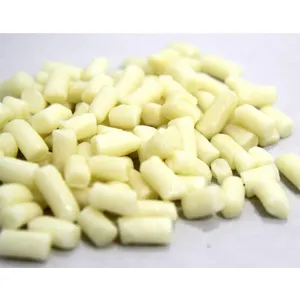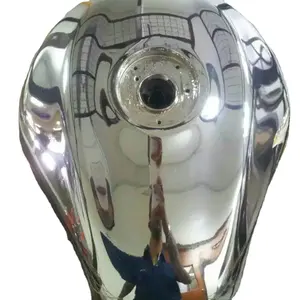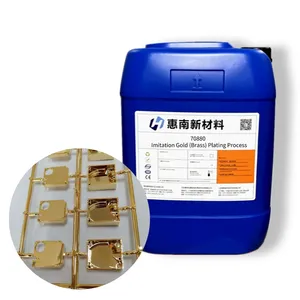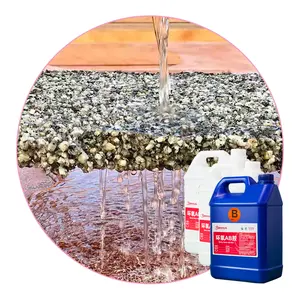Popular in your industry































































































































































































































Top categories
About biodigester tank
Biodigester Tank: An Overview
A biodigester tank is an innovative solution for waste management and energy production. This system utilizes anaerobic digestion, a process where microorganisms break down organic matter in the absence of oxygen, transforming waste into valuable byproducts such as biogas and nutrient-rich effluent. The biogas primarily comprises methane and carbon dioxide, with traces of other gases, and serves as a versatile energy source.
Types and Applications of Biodigester Systems
The applications of biodigester septic systems are diverse, ranging from household energy provision to large-scale waste treatment. Residential units, often referred to as biodigester septic tanks or bio digester toilets, are compact and integrate seamlessly with home sewage systems. On a larger scale, septic biodigesters manage waste and produce energy for agricultural or industrial settings. The adaptability of these systems allows for various implementations, including integration with biogas digester toilets for a complete waste-to-energy cycle.
Features and Materials of Biodigester Tanks
Constructed from robust materials like fiberglass, FRP bio digester tanks offer durability and longevity. Plastic variants, such as plastic biodigester septic tanks, provide a lightweight and cost-effective option. These materials ensure the containment of waste and the efficient production of biogas, with designs catering to different scales, from a bio digester tank for home use to larger commercial models.
Environmental and Economic Advantages
The environmental benefits of a biodigester tank are significant. By converting organic waste into biogas and fertilizer, these systems reduce reliance on fossil fuels and chemical fertilizers, promoting a circular economy. Economically, the reduction in energy costs and potential revenue from excess energy production make biodigesters a cost-effective solution. Additionally, the use of a bioseptic biodigester can contribute to soil health by providing a rich source of nutrients, further enhancing its ecological value.
Choosing the Right Biodigester
Selecting the appropriate biodigester tank involves considering factors such as capacity, space, and waste output. For instance, a biodigester for human waste is specifically designed for toilet waste, while a general-purpose biodigester can handle a broader range of organic materials. Prospective users should assess their needs to determine the most suitable type, whether it's a dedicated toilet bio digester or a more comprehensive system.
Maintenance and Sustainability
Maintaining a biodigester tank typically involves monitoring for leaks, ensuring the health of the bio digester bacteria culture, and occasionally removing the digestate. These tasks are crucial for the system's longevity and efficiency. Sustainability is at the core of biodigester technology, offering a renewable energy source while addressing waste management challenges.

































